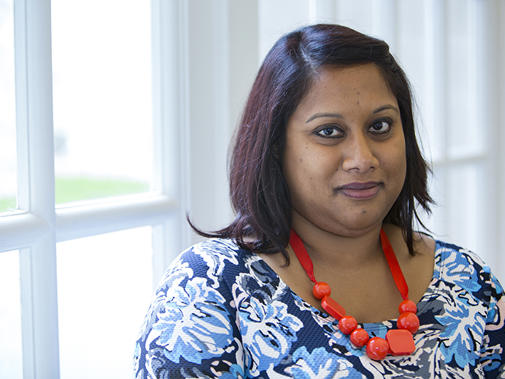The effects of COVID-19 have likely worsened uneven progress towards UHC
Nearly three years since the onset of COVID-19 and progress towards achieving UHC has ground to a halt, disproportionately affecting vulnerable and marginalised communities, and exacerbating health inequities in many countries.
Of course, COVID-19 is not single-handedly responsible for this fall-out. Alarming trends in UHC were evident before the pandemic struck, with healthcare systems subjected to multiple and persistent pressures, often a result of inadequate system planning and under-investment.
With UHC Day upon us and the last celebration before the 2023 UN high-level meeting on UHC, we call on leaders and stakeholders across society to take urgent action and accelerate efforts to 'build the world we want: A healthy future for all' – the theme of UHC day this year.
The value of UHC to populations depends on the quality of healthcare services provided
UHC, a central tenet of the UN’s SDG (sustainable development goal) 3, is largely guided by the core principle that everyone everywhere has fair access to safe, effective, quality and comprehensive health services without suffering financial hardship.
The importance of a health system that is based on clinical need, and not the ability to pay, cannot be overstated. But the role of widespread and timely access to reliable and high-quality healthcare information for achieving UHC remains insufficiently recognised.
While the World Medical Association has acknowledged that meeting the information needs of healthcare providers and patients alike is necessary for delivering an effective people-centred healthcare system, and realising the globally agreed target, it must be noted that universal access to essential health information is not yet featured in official monitoring of progress on UHC for the SGDs or associated indicators.
Health information in low- and middle-income countries
In parts of the world where evidence-based medical literature and other healthcare information remains difficult to obtain, there are clear repercussions. Studies have shown that a lack of access to quality healthcare information is linked to higher rates of morbidity and mortality, particularly in low- and middle-income countries.
This can be avoided through the application of basic health knowledge. With the most up-to-date and reliable healthcare information, knowledge and practical tools, frontline healthcare workers worldwide can protect their own health and the health of those for whom they are responsible. This is the vision of HIFA (Health Information For All), a global health network that is supported by the BMA and more than 400 health and development organisations.
BMA Information Fund supports countries worldwide
We firmly believe that health information is beneficial when it is relevant, appropriate, timely, up-to-date, accurate and accessible.
Since the early 2000s, the BMA Information Fund has provided more than 355 donations of books and other information materials to health organisations in 72 countries worldwide. The titles have covered a plethora of issues and diseases, treatments, services, as well as the promotion and preservation of health.
With a modest budget, the BMA Information Fund supports health systems by supplying accurate health information into the hands of healthcare providers. For example, it has recently provided pathology textbooks to the Yangon Children’s Hospital and Myanmar Society of Haematology who, owing to the COVID-19 pandemic and the political tensions between the military-run government and civilians, have had a grave shortage of medical literature.
It has in the past made donations to the British University in Yemen who were keen to ensure that the doctors of tomorrow were equipped with the most up to date, quality, medical literature.
Kitty Mohan is BMA international committee chair
Funding applications
The fund is open for applications from Monday 12 December 2022. Applications will close on Monday 23 January 2023. Find out how to apply

